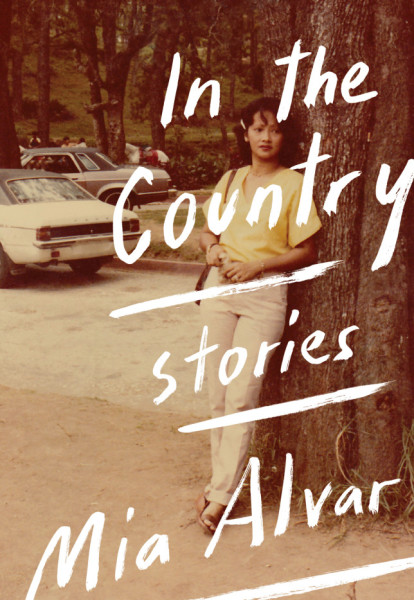Mia Alvar’s beautiful collection of nine short stories, In the Country, is one you don’t want to miss. Her stories traverse the Filipino diaspora, from Bahrain to Manila, to New York and back. But it is Alvar’s lyrical language that is the most compelling, artfully capturing raw emotion and the complexities of human nature.
In their short span, these stories are filled with sadness and surprise, depth and darkness. They are about longing for home, dreams, human flaws, class dynamics, the feelings of otherness, the feelings of empowerment. But most importantly, the characters are people, neither heroes nor villains, but flawed beings who are yet graceful and empathetic.
The collection begins with an American-educated and practicing doctor returning home to the Philippines hoping to free his mother from the overbearing demands of his dying father. Her response rattles her son, revealing an unknown side, a darker side. Through such intimate views of families and communities, Alvar draw readers in and through.
The stories make you want to wallow within them to soak in each word. The title and last story in the collection, “In the Country,” begins:
She called the strike on a Monday, the busiest day of the week. As strikes go, hers was poetry. Eighty nurses, their brown hands clasped around the Self-Sacrifice statue on the lawn outside of City Hospital. The chairman of the board’s white face, turning even whiter when he came out of his car and saw them. Milagros could have lived on that rush forever.
Alvar’s writing explores a range of topics, including the hierarchies between Filipino chauffeurs and their Bahraini employers, how the changing world minutely upended gender dynamics, and moments that fracture the character’s assumptions about their own micro-worlds. It is small plot moments that slowly upend lives, though they have been changed by and caught up in national and international events including exile, economic needs to migrate, and revolution.









